Dizitac Tablet 10's
MRP ₹140.5
(Inclusive of all Taxes)
₹21.1 Cashback (15%)
Provide Delivery Location
Online payment accepted
 Prescription drug
Prescription drugWhats That
Composition :
Manufacturer/Marketer :
Consume Type :
Expires on or after :
Return Policy :
About Dizitac Tablet
Dizitac Tablet belongs to a group of anti-vertigo drugs used to treat the symptoms of vertigo, such as dizziness, spinning sensation, nausea, and vomiting. Dizitac Tablet can help you to carry out daily activities that are difficult when you have vertigo. Vertigo is a sudden external or internal spinning sensation that causes dizziness. It creates a false sense that you or your surroundings are moving or spinning.
Dizitac Tablet contains Cinnarizine (calcium antagonist) and Dimenhydrinate (antihistamine). Cinnarizine prevents the narrowing of the blood vessels in the ear; this improves the blood flow in the ear. Dimenhydrinate works by blocking the action of a chemical messenger known as histamine, thereby preventing problems with loss of balance. Together, Dizitac Tablet helps in reducing the symptoms of vertigo.
You are advised to take Dizitac Tablet for as long as your doctor has prescribed it for you, depending on your medical condition. In some cases, you may experience certain common side effects, such as drowsiness, dry mouth, stomach pain, and headache. Most of these side effects do not require medical attention and will resolve gradually over time. However, you are advised to talk to your doctor if you experience these side effects persistently.
Consult your doctor if you are pregnant or breastfeeding. Dizitac Tablet may cause drowsiness and sleepiness, so drive only if you are alert. Dizitac Tablet is not recommended for children below 18 years as safety and effectiveness have not been established. Avoid consuming alcohol with Dizitac Tablet as it could lead to increased drowsiness. Inform your doctor about all the medicines you are taking and your health conditions to rule out unpleasant side effects.
Uses of Dizitac Tablet
Directions for Use
Key Benefits
Dizitac Tablet contains Cinnarizine and Dimenhydrinate. Dizitac Tablet belongs to a group of medicines called anti-vertigo drugs indicated for the symptomatic treatment of vertigo. Cinnarizine is a calcium antagonist that prevents the narrowing of the ear's blood vessels; this helps improve the blood flow in the ear. Dimenhydrinate is an antihistamine that blocks a chemical messenger known as histamine, thereby preventing problems with loss of balance. Together, Dizitac Tablet helps in reducing the symptoms of vertigo, such as dizziness and nausea. Dizitac Tablet can help you to carry out daily activities that are difficult when you have vertigo.
Storage
- Get enough sleep. Maintain a regular sleep cycle.
- Eat a healthy diet and exercise regularly.
- Manage stress with yoga or meditation.
- Limit alcohol and caffeine.
- Avoid driving or operating machinery unless you are alert.
Drug Warnings
Do not take Dizitac Tablet if you are allergic to any of its contents; if you have/had angle-closure glaucoma, epilepsy, increased pressure in the brain due to tumour, urination difficulties due to prostate problems, liver or kidney failure, and alcohol abuse. Inform your doctor if you have low or high blood pressure, glaucoma, obstruction in the bowels, overactive thyroid, severe heart disease, and Parkinson's disease. Consult your doctor if you are pregnant or breastfeeding. Dizitac Tablet may cause drowsiness and sleepiness, so drive only if you are alert. Dizitac Tablet is not recommended for children below 18 years as safety and effectiveness have not been established. Avoid consuming alcohol with Dizitac Tablet as it could lead to increased drowsiness.
Drug-Drug Interactions
Drug-Drug Interactions
Login/Sign Up
Co-administration of Dizitac Tablet and Potassium citrate can increase the risk of developing stomach inflammation.
How to manage the interaction:
Taking Dizitac Tablet with Potassium citrate is generally avoided, as it may lead to an interaction, it can be taken if prescribed by the doctor. However, if you experience severe stomach pain, sudden lightheadedness, vomiting (especially with blood), or tarry stools, consult the doctor immediately. Do not discontinue any medications without a doctor's advice.
Co-administration of Dizitac Tablet and Potassium chloride can increase the risk of stomach inflammation.
How to manage the interaction:
Co-administration of Dizitac Tablet with Potassium chloride is generally not recommended, as it can lead to an interaction, it can be taken when a doctor has prescribed it. However, if you experience severe stomach pain, sudden dizziness, vomiting (especially with blood), or dark stools, consult the doctor immediately. Do not discontinue any medications without a doctor's advice.
Coadministration of Dizitac Tablet with Zonisamide can increase the risk or severity of Zonisamide side effects.
How to manage the interaction:
Taking Dizitac Tablet with Zonisamide together is not recommended as it can result in an interaction, it can be taken if your doctor has advised it. However, if you experience shortness of breath, palpitations, fever, or excessive sweating, contact a doctor. Make sure to hydrate yourself during warm weather or after exercise. Do not discontinue any medications without consulting a doctor.
Coadministration of Dizitac Tablet with topiramate can increase the risk of topiramate side effects.
How to manage the interaction:
Taking Dizitac Tablet with topiramate is generally avoided as it can result in an interaction, it can be taken if your doctor has advised it. However, if you experience decreased sweating, fever, dizziness, or shortness of breath, contact your doctor immediately. Make sure to hydrate yourself during warm weather or after exercise. Do not discontinue any medications without consulting your doctor.
Co-administration of Esketamine and Dizitac Tablet can increase the risk of side effects.
How to manage the interaction:
Co-administration of esketamine and Dizitac Tablet can lead to an interaction, it can be taken if advised by your doctor. Consult a doctor if you experience drowsiness, confusion, shortness of breath, or palpitations. Do not stop using any medications without a doctor's advice.
Using Dizitac Tablet and sodium oxybate together can increase the risk of side effects.
How to manage the interaction:
Co-administration of Dizitac Tablet and sodium oxybate can lead to an interaction, it can be taken if your doctor advises. however contact your doctor if you experience dizziness, confusion, difficulty concentrating, breathing difficulty, or palpitations. Do not stop using any medications without a doctor's advice.
The combined use of ketamine and Dizitac Tablet can increase the risk of developing side effects.
How to manage the interaction:
Co-administration of ketamine and Dizitac Tablet can lead to an interaction, but it can be taken if advised by your doctor. however contact your doctor if you experience any side effects such as dizziness, confusion, difficulty concentrating, or shortness of breath. Do not stop using any medications without a doctor's advice.
Drug-Food Interactions
Drug-Food Interactions
Login/Sign Up
Diet & Lifestyle Advise
- Replace regular salt with low-sodium salt, as sodium may aggravate vertigo.
- Avoid foods rich in sodium, such as soy sauce, chips, popcorn, cheese, canned foods, and pickles.
- Avoid fluids containing large amounts of sugar and salts, such as soda or concentrated juices. Instead, drink fluids such as water, milk, and low-sugar fruit juices.
- Limit salt and sugar intake.
- Maintain a healthy diet and exercise regularly, as it helps improve overall health and boosts self-esteem.
- Perform meditation and yoga. This helps in relieving stress and provides relaxation.
- Follow a regular sleep pattern to improve the amount and quality of sleep you get.
- Avoid smoking, alcohol, and caffeinated drinks.
- Learn relaxation skills as they help in reducing stress.
Side Effects of Dizitac Tablet
- Drowsiness
- Stomach pain
- Headache
- Dry mouth
Habit Forming
Therapeutic Class
All Substitutes & Brand Comparisons
RX
Vertigon-D Tablet 10's
Geno Pharmaceuticals Pvt Ltd
₹71.5
(₹6.44 per unit)
49% CHEAPERRX
Cinzan Plus Tablet 10's
FDC Ltd
₹80.5
(₹7.25 per unit)
42% CHEAPERRX
Dizinoc Tablet 10's
Helen Pharmaceuticals
₹92.5
(₹8.33 per unit)
34% CHEAPER
Author Details
We provide you with authentic, trustworthy and relevant information
Drug-Diseases Interactions
Drug-Diseases Interactions
Login/Sign Up
FAQs
Drug-Drug Interactions Checker List
- MORPHINE
- ATROPINE
- EPHEDRINE
- PROCARBAZINE
Disease/Condition Glossary
Vertigo: Vertigo is a sudden external or internal spinning sensation that causes dizziness. It creates a false sense that you or your surroundings are moving or spinning. Vertigo is not the same as light-headedness, but it might feel similar to motion sickness. Vertigo occurs due to problems in the brain or inner ear. The main causes of vertigo are migraine, benign paroxysmal positional vertigo, infection, head injury, bleeding in the brain, stroke, tumour or Meniere’s disease. The vertigo symptoms include increased sweating, nausea, vomiting, headache, loss of balance, and feeling that things are spinning or moving.

Have a query?
Alcohol
Safe if prescribed
Avoid consumption of alcohol while taking Dizitac Tablet as it may cause increased drowsiness.
Pregnancy
Consult your doctor
Please consult your doctor before taking Dizitac Tablet if you are pregnant; your doctor will prescribe Dizitac Tablet if the benefits outweigh the risks.
Breast Feeding
Consult your doctor
Dizitac Tablet may pass into breastmilk. Please consult your doctor before taking Dizitac Tablet ; your doctor will decide whether Dizitac Tablet can be taken by breastfeeding mothers or not.
Driving
Safe if prescribed
Dizitac Tablet may cause drowsiness and sleepiness. Do not drive or operate machinery unless you are alert.
Liver
Consult your doctor
Dizitac Tablet should not be taken by patients suffering from liver failure. Please consult your doctor if you have a liver impairment or any concerns regarding this.
Kidney
Consult your doctor
Dizitac Tablet should not be taken by patients suffering from kidney failure. Please consult your doctor if you have kidney impairment or any concerns regarding this.
Children
Safe if prescribed
Dizitac Tablet is not recommended for children below 18years as the safety and effectiveness were not established.

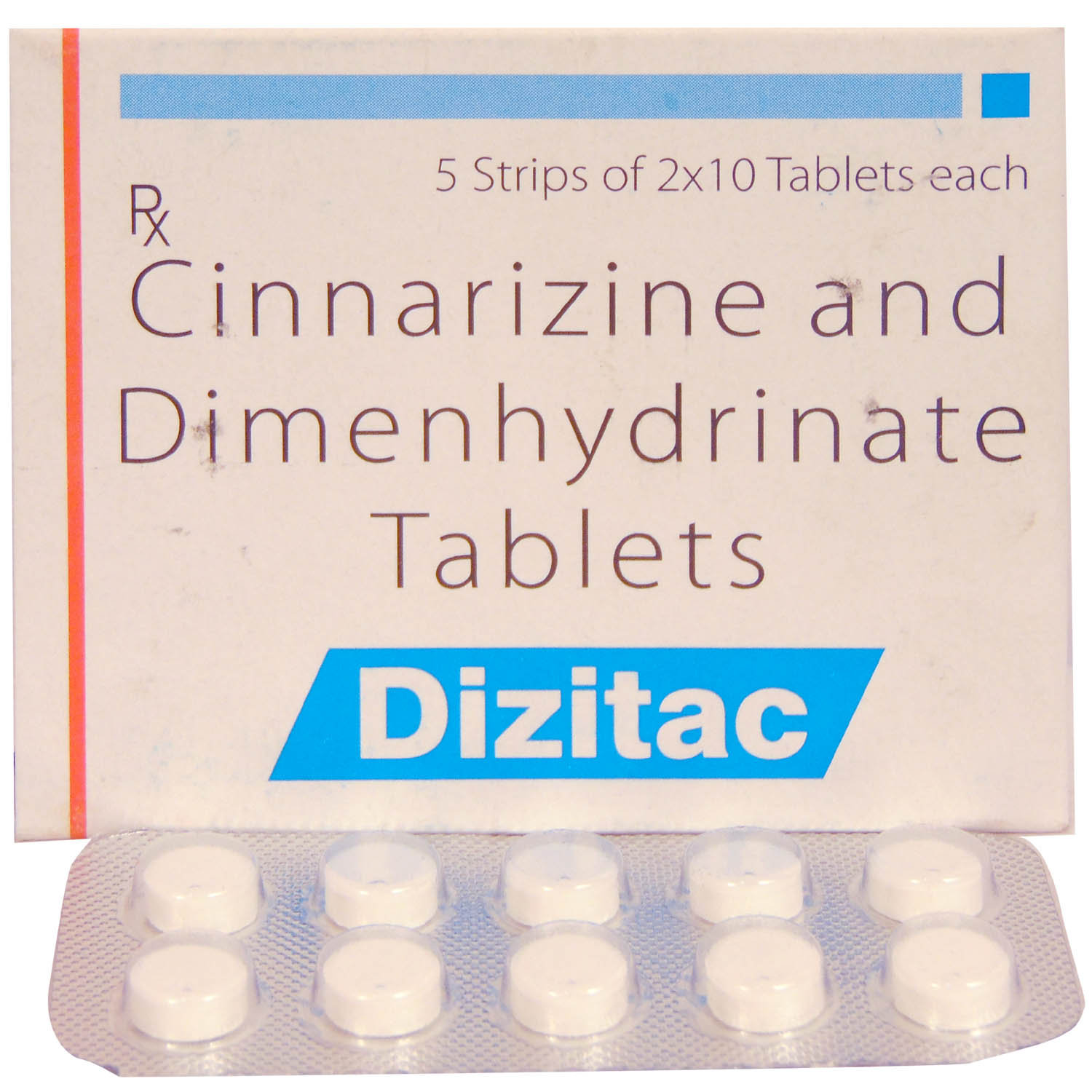


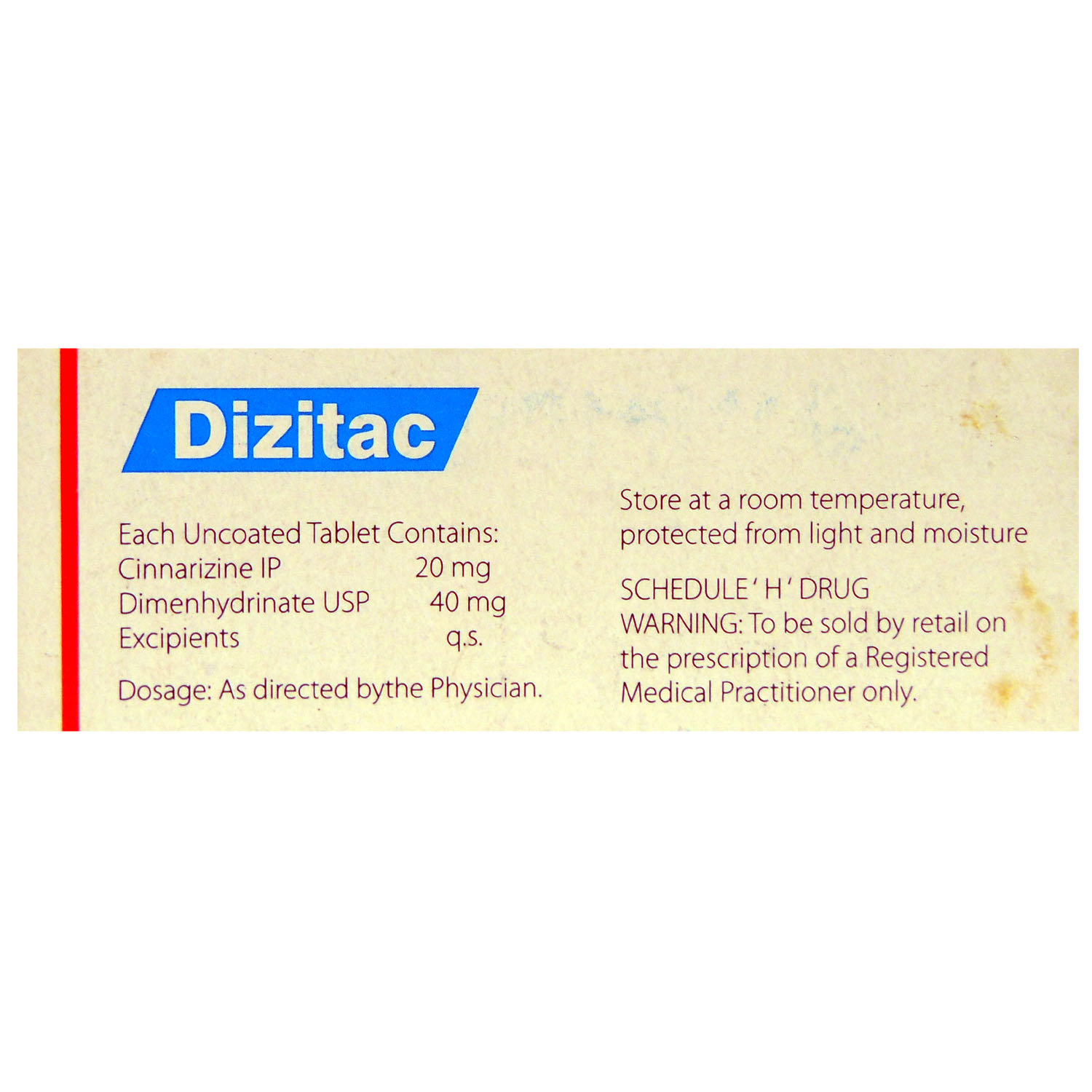


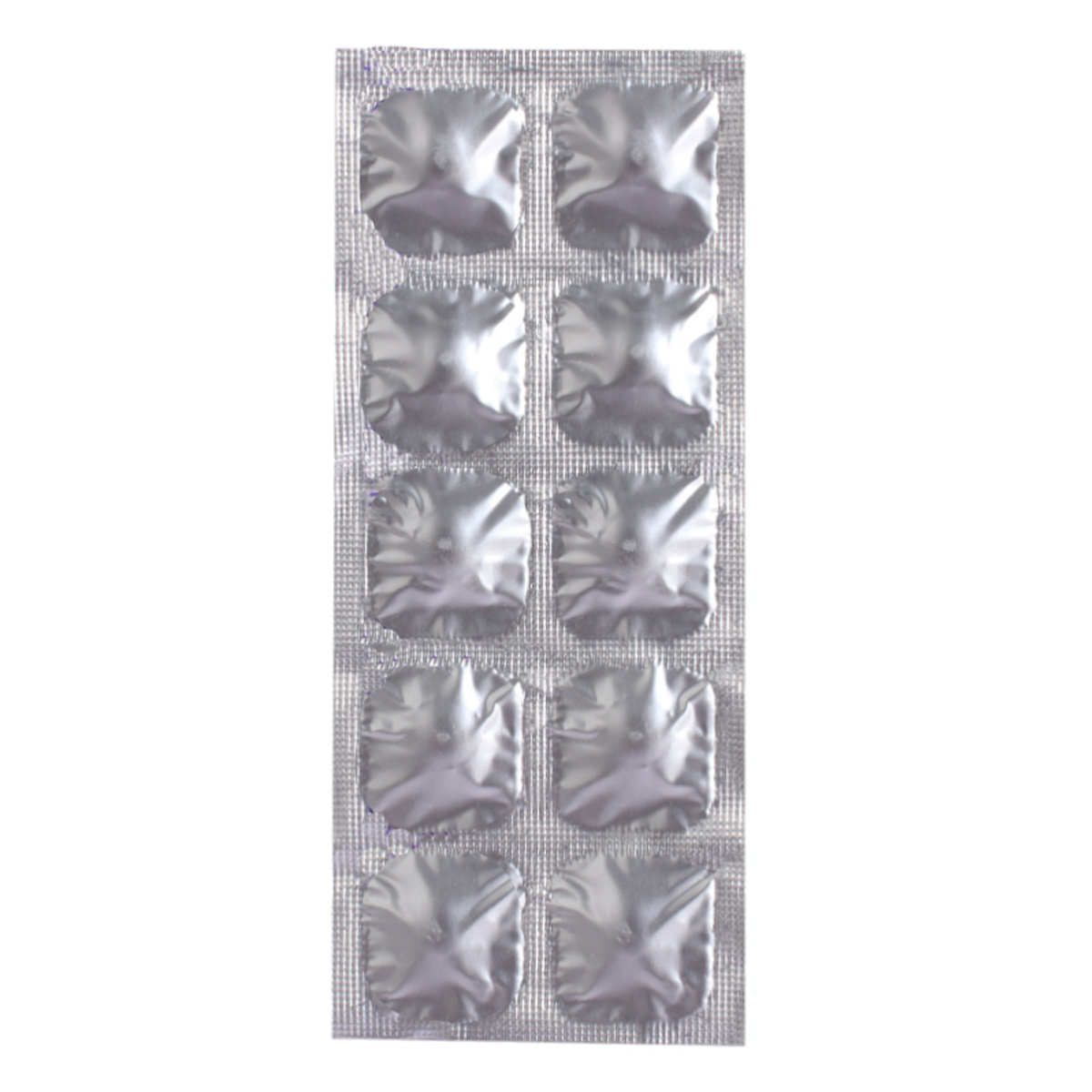
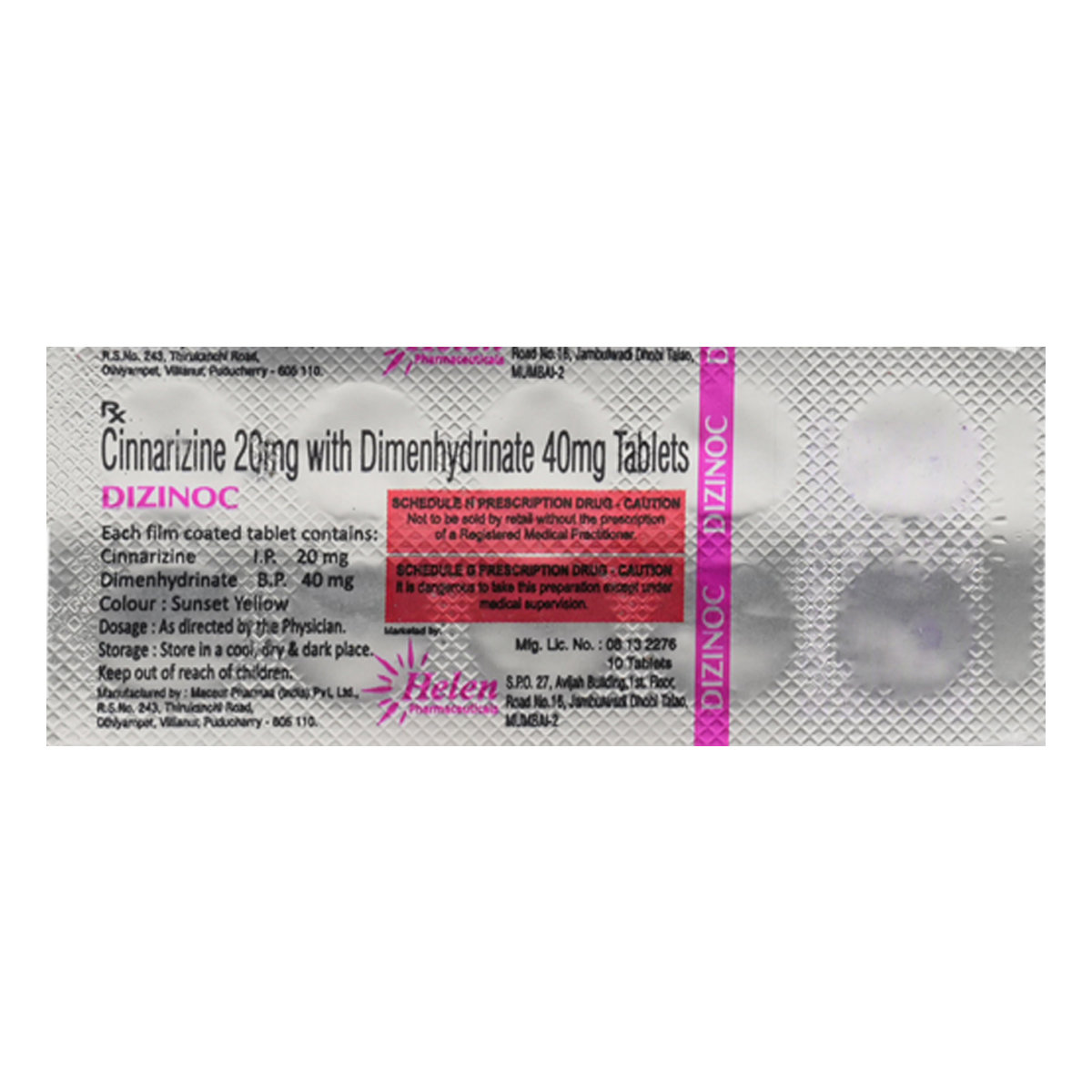
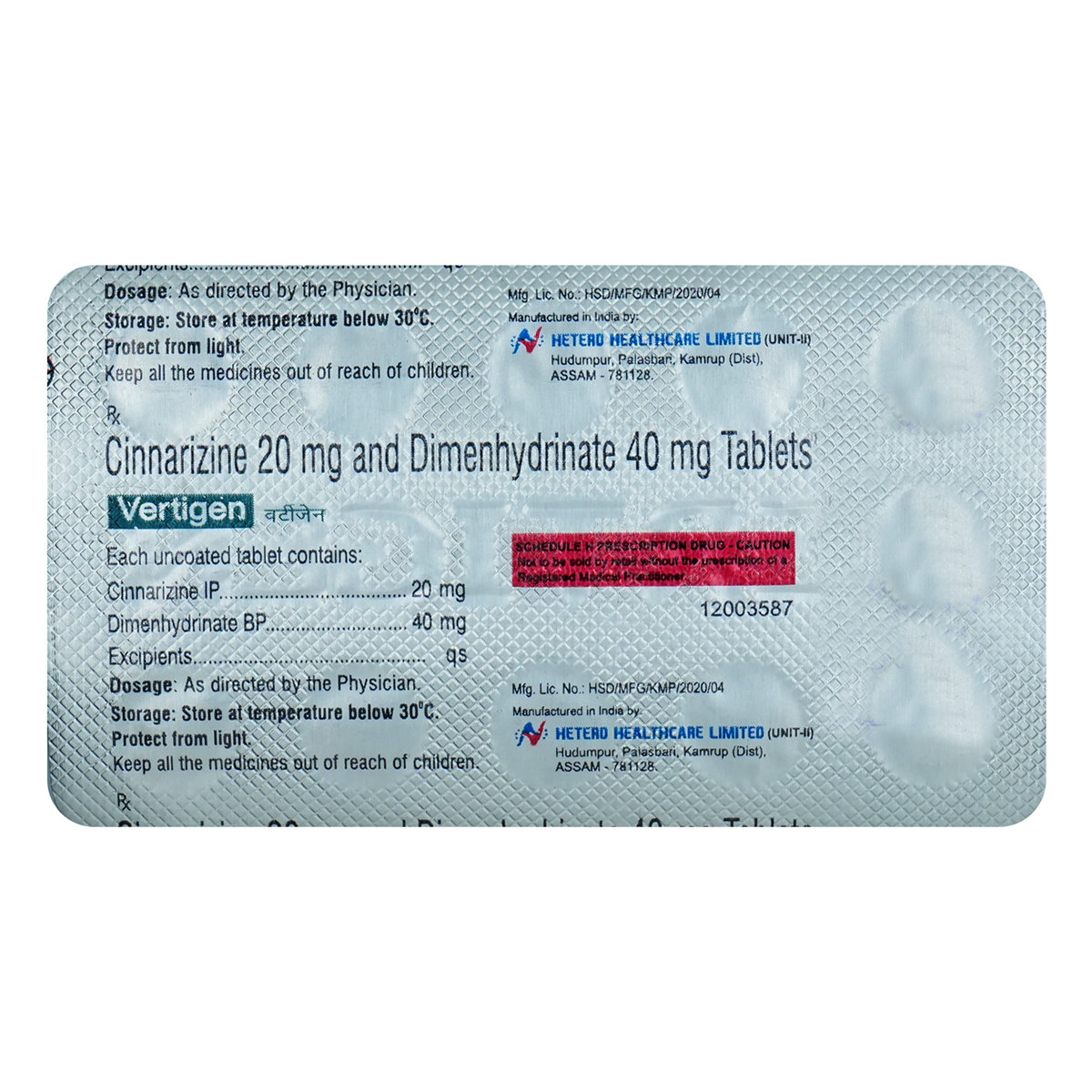
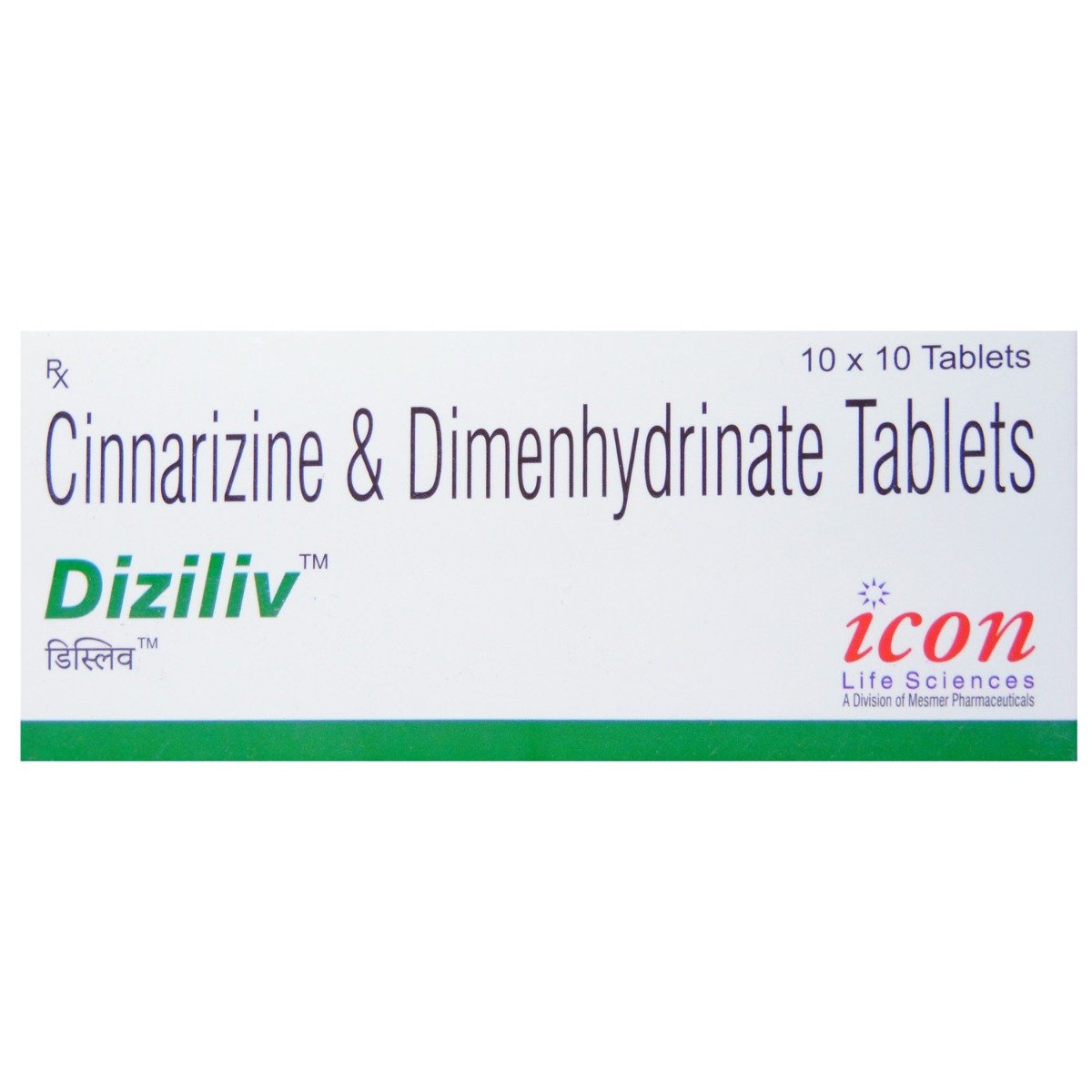

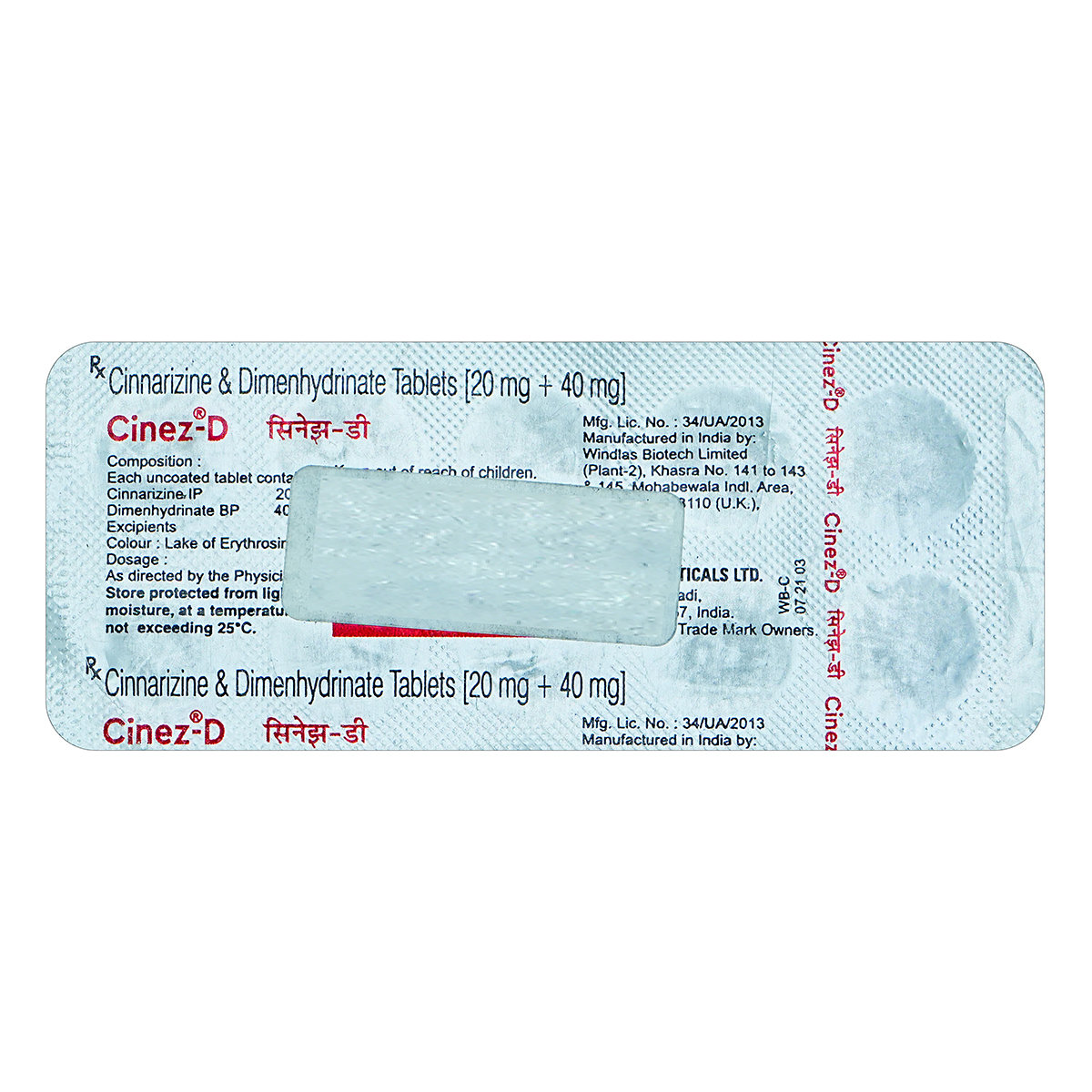

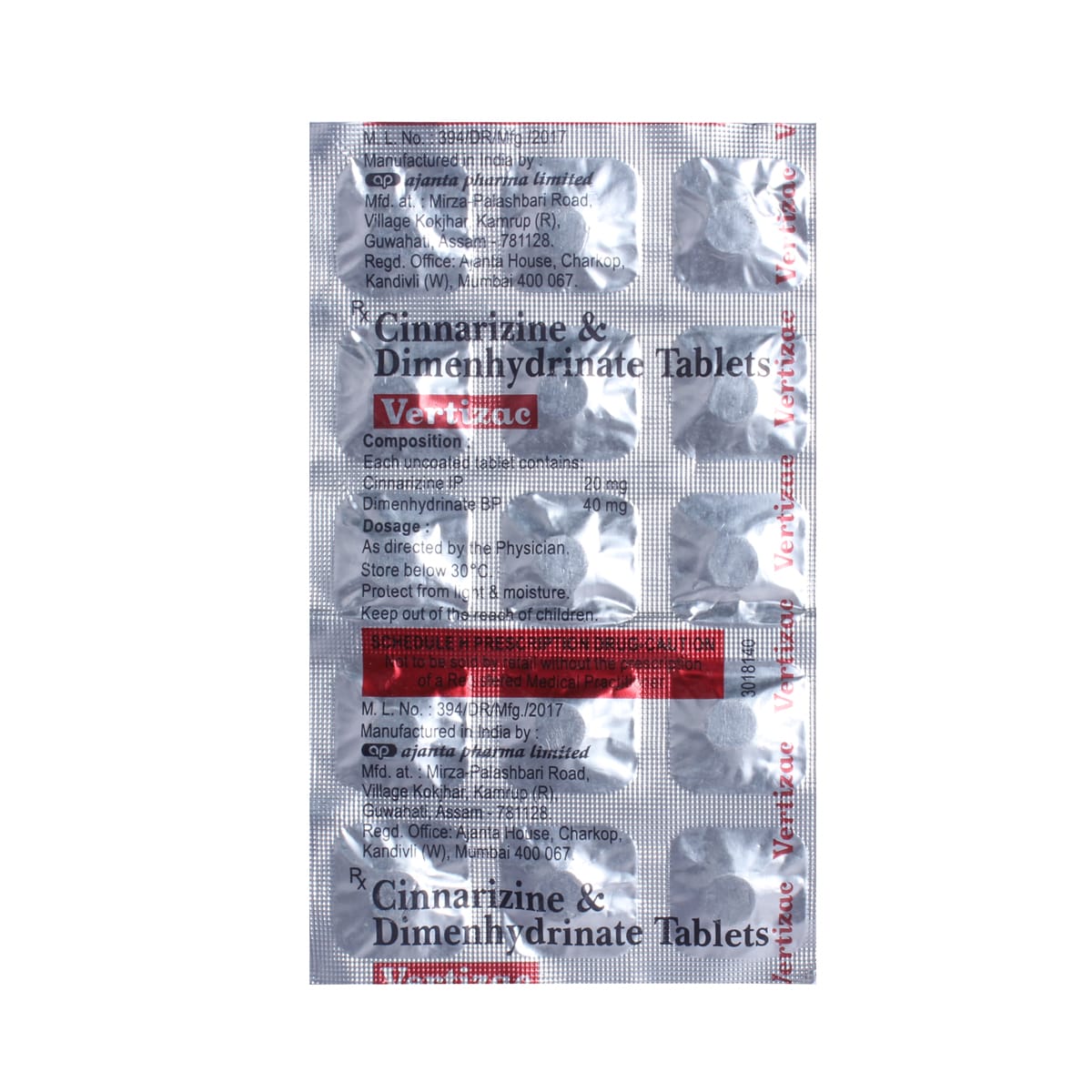
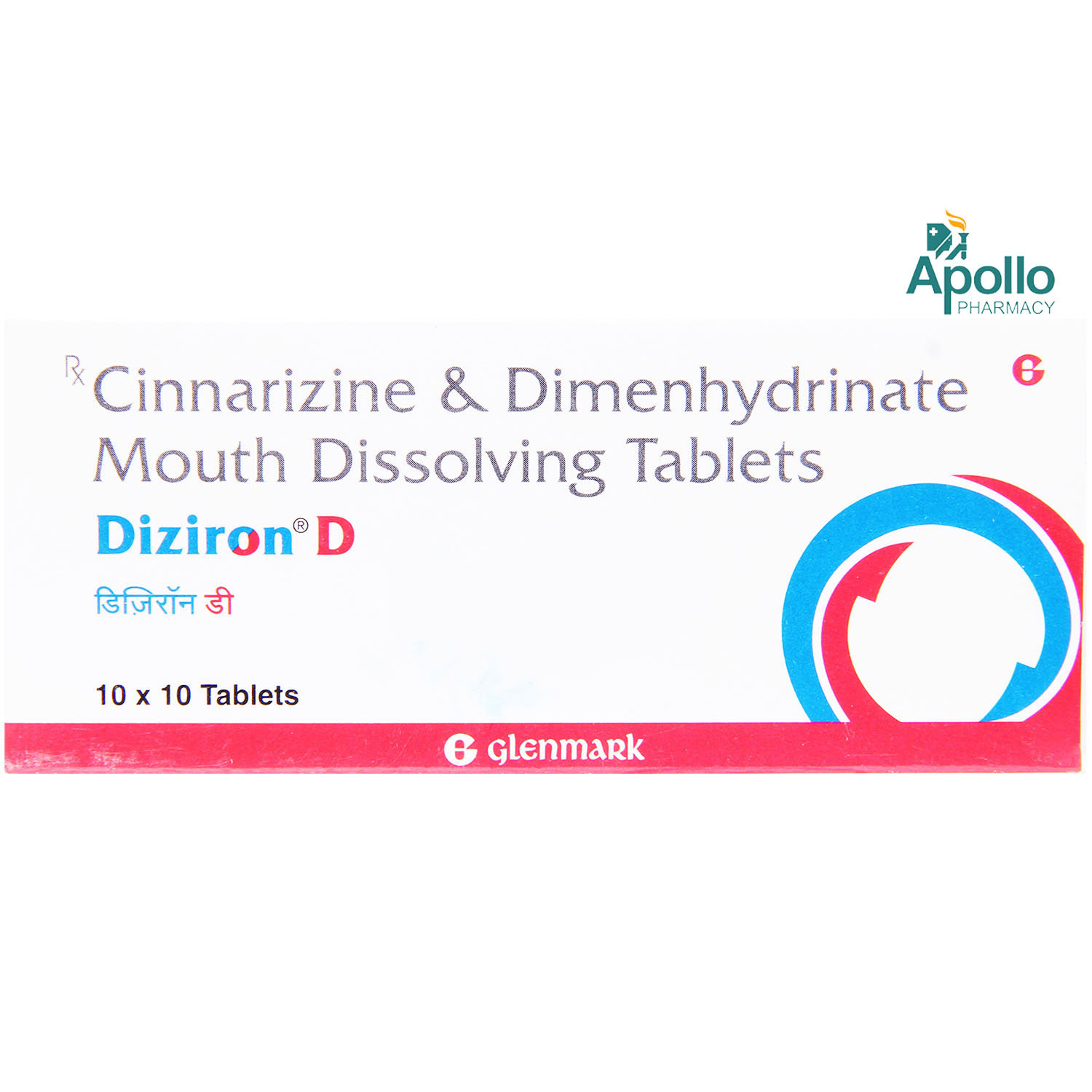
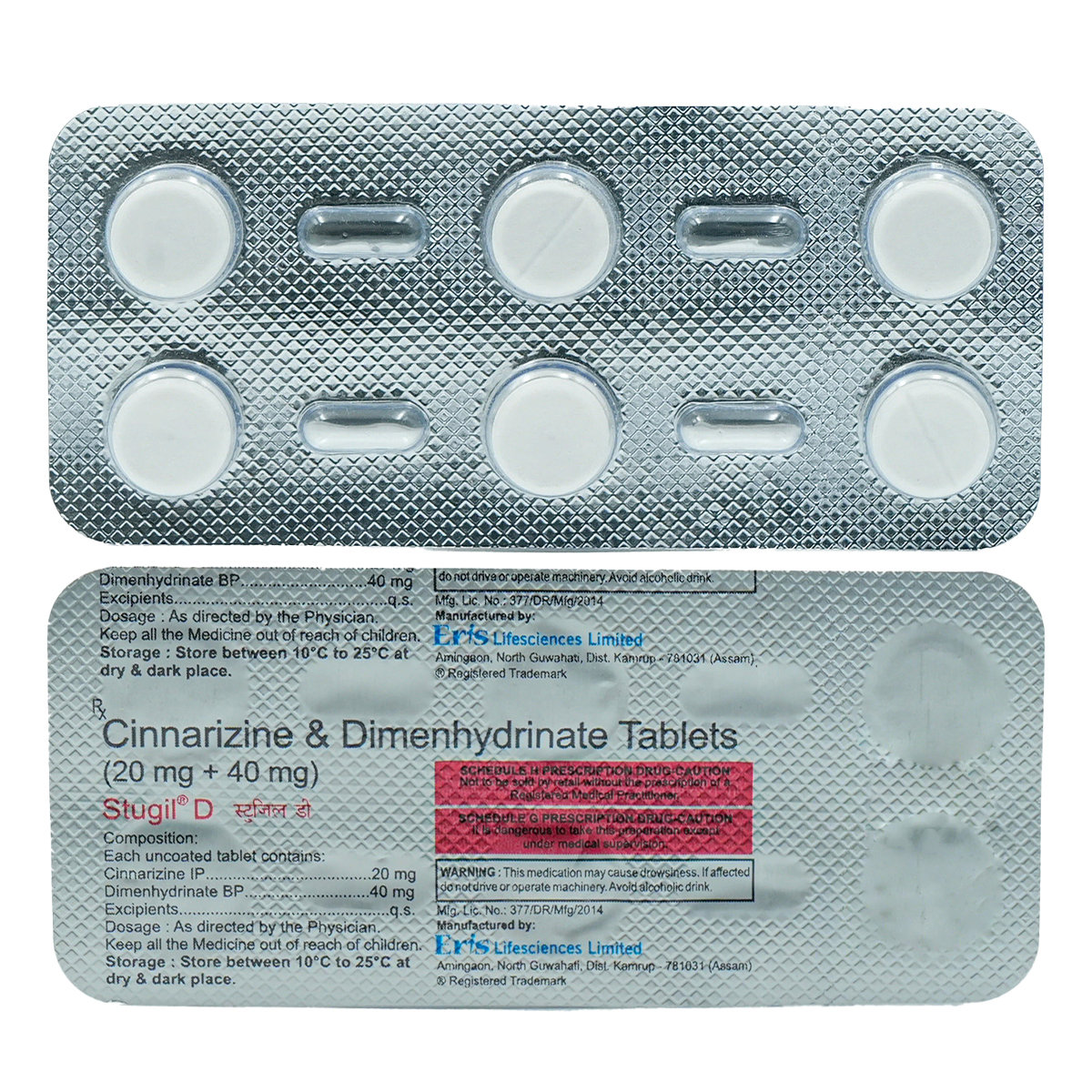
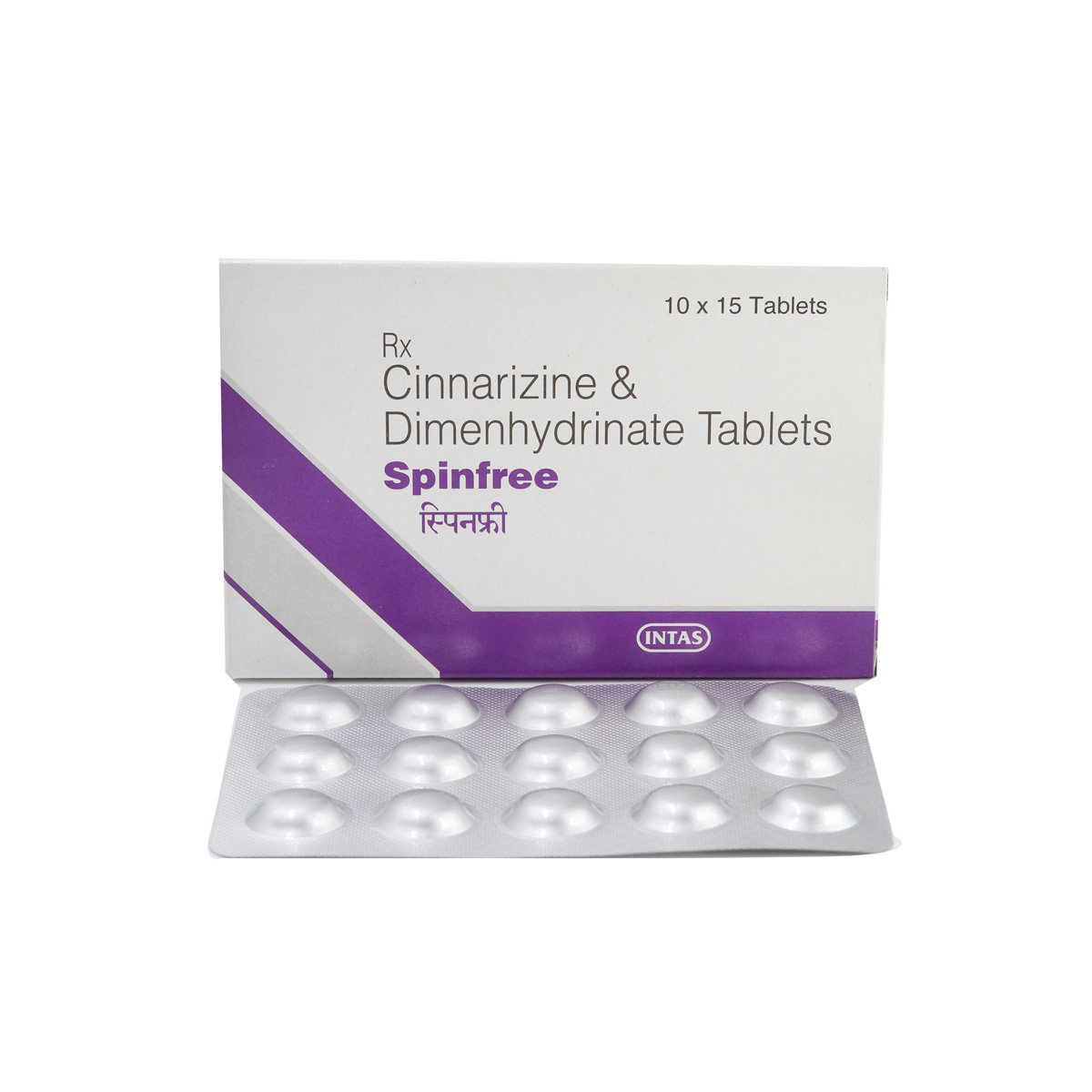

_0.jpg?tr=q-85)

